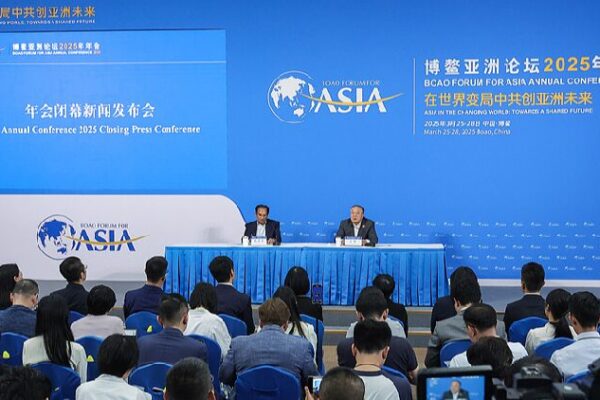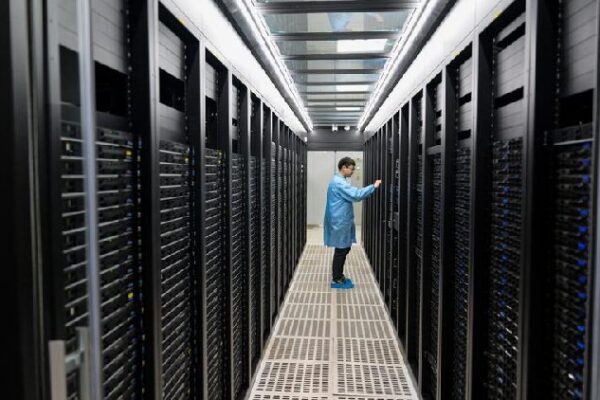The Boao Forum for Asia (BFA) Annual Conference 2025 has kicked off in Boao, south China’s Hainan Province, under the theme “Asia in the Changing World: Towards a Shared Future.” This year’s forum puts a spotlight on artificial intelligence (AI) and its transformative impact on the global landscape.
One of the central topics is the widespread implementation of AI technologies. Participants are delving into how businesses can build core competitiveness in the AI sector, adapt strategies in response to global transformations, and manage change while fostering innovation.
China’s Rise as an AI Powerhouse
China has set its sights on becoming a global cyber power, with AI at the forefront of its national strategy. The government’s “New Generation Artificial Intelligence Development Plan,” launched in 2017, outlined a phased approach to AI development. By 2025, China aimed to achieve breakthroughs in fundamental AI theory and attain world-class status in several technologies—a goal it has largely realized.
Today, AI is a primary driving force behind China’s economic growth and industrial modernization. Key sectors benefiting from AI include healthcare, agriculture, defense, and security. As of October 2024, China had over 600 million users of generative AI services, and more than 200 large-scale AI models had been launched.
Balancing Innovation with Regulation
While China embraces AI’s potential, it also emphasizes the importance of regulation. Companies must undergo security assessments before launching AI services, ensuring that technologies are safe and controllable. AI-generated content must be clearly labeled, and models are required to respect intellectual property rights.
In 2021, China released its Ethical Norms for New Generation Artificial Intelligence. These guidelines mandate that AI should enhance quality of life and social well-being, prohibit discrimination, and ensure equitable access for all social groups. Transparency, safety, and the ability to verify algorithms are also key principles.
Navigating the Risks of AI
AI’s rapid advancement brings not only benefits but also significant risks. Concerns include deepfake technology distorting reality, loss of free will due to AI influence, conflicting goals between AI and human interests, and even the possibility of AI gaining sentience.
Recognizing these challenges, China’s approach is to combine technological innovation with strict oversight. This ensures that while AI continues to drive progress, it does so responsibly and ethically.
Global Implications
China’s strategy serves as a model for balancing innovation with regulation. By actively studying and adapting international best practices, China is contributing to the global dialogue on AI governance. Its focus on long-term strategic planning, with clear benchmarks and development stages, positions the country as a leader in shaping the future of AI.
As AI becomes increasingly integral to various aspects of human life—from industry to the creative arts—the world is watching how China navigates this complex landscape. The discussions and outcomes of the Boao Forum 2025 will undoubtedly have lasting impacts on global AI development and governance.
Reference(s):
Boao Forum 2025: Why China's AI ambitions matter to the world
cgtn.com








